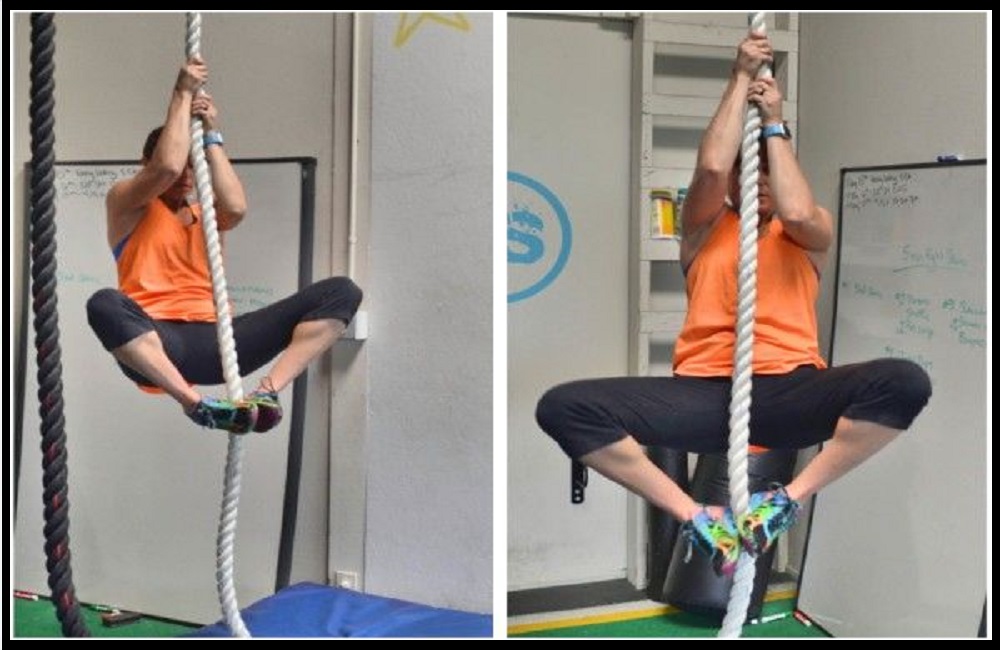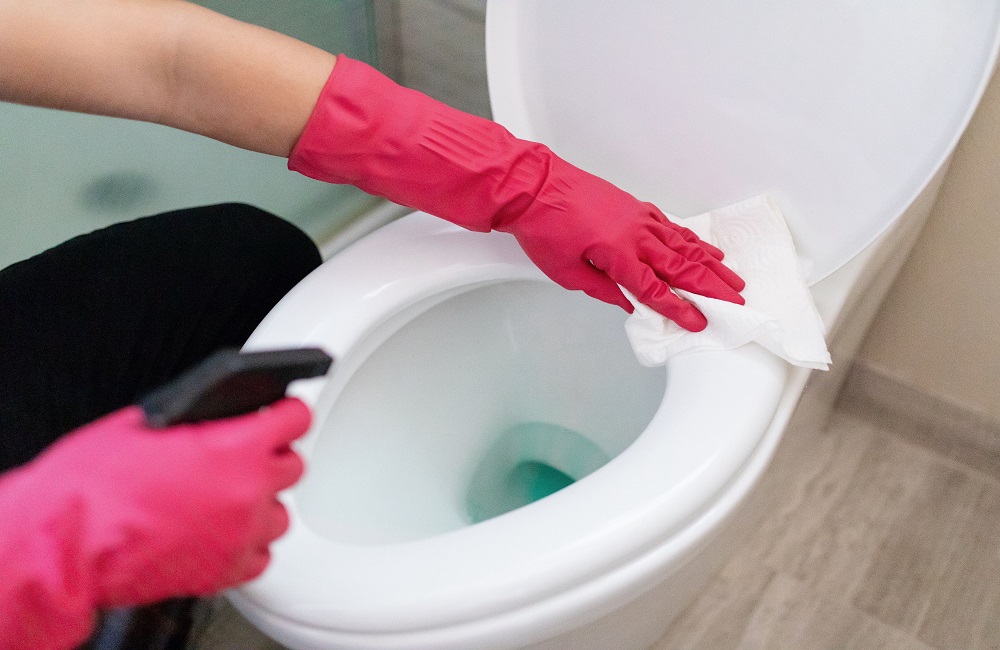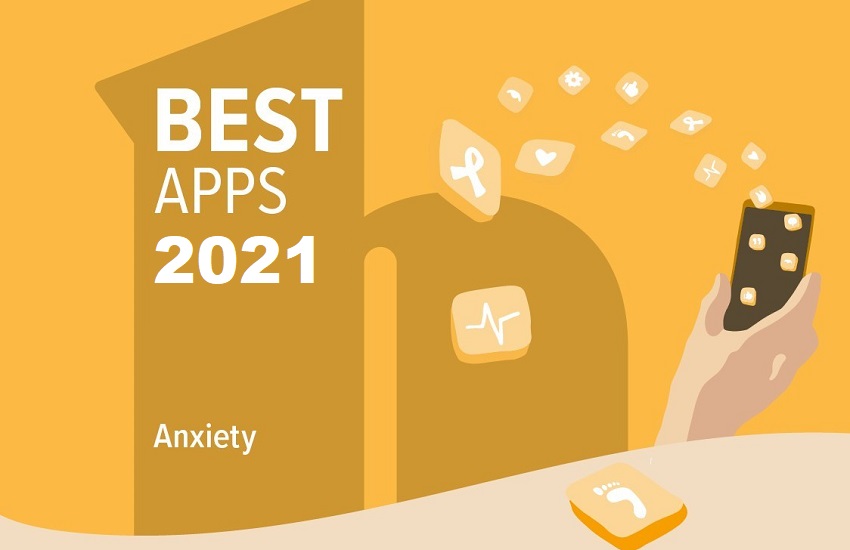
Using CBT to treat addiction, CBT in Pennsylvania
One of the most common techniques for preventing relapse in addiction is cognitive behavioral therapy (CBT). When you understand what CBT is and how it might help you achieve long-term sobriety, you’ll see why this method is so popular. Continue reading this Caron reviews article for more on utilizing CBT to treat addiction.
The world was shocked when Philip Seymour Hoffman died in 2012. As news of his death spread via the media, many people wondered how a guy so successful could die so quickly, surrounded by nearly 70 bags of heroin in a Manhattan apartment. Journalists are quick to point out that he has been clean for more than two decades. Returning to using after such a long period of abstinence and such a successful profession felt perplexing.
Why?
Addicts, on the other hand, recognize that the actor’s return to narcotics was far from unexpected. Indeed, for many addicts, the story brought to life their worst fears. Addicts detailed their own experiences with temptations, triggers, and the threat of relapse in a collection of letters published in The Guardian after the actor’s death.
When there is a strong emphasis on becoming clean, addicts recognise that the actual struggle is staying clean. Addiction is a chronic illness that must be addressed on a long-term basis.
Treatment entails not just quick action, but also the development of internal resources to assist cope with the disease’s chronic character on a long-term basis. As a result, selecting a CBT-based addiction treatment program is an important aspect of your relapse prevention approach, as it is essential to both the short and long-term recovery processes.
What is cognitive-behavioral therapy?
Cognitive behavioral therapy (CBT) is a goal-oriented, short-term talk therapy that focuses on understanding the connections between our feelings, beliefs, and behaviour, identifying detrimental patterns, and developing techniques to establish healthy alternatives.
While adopting CBT to treat addiction can help you gain insight, it doesn’t stop there. It tries to come up with practical answers to your difficulties that you may use in your daily life.
CBT has been demonstrated to be successful for a wide range of mental health conditions, but because of its unique focus on cognition and behavior, it is particularly well suited to those battling with addiction. It enables you to confront the negative beliefs about yourself that contribute to your drug use, as well as the beliefs you hold about your drug use, while also allowing you to develop new, more productive systems of behavior and thought.
In other words, it aids in the reorientation of your brain in response to addictive urges, as well as your connection with yourself and drug misuse in general.
Benefits Of CBT in relapse prevention
CBT is often an important aspect of early-stage recovery treatment, and it can help you manage cravings, improve self-awareness, acquire new behaviors, and question the ideas that underpin your drug misuse. It does, however, provide you with strategies that you can use to avoid relapse.
CBT allows you to develop practical skills that will help you maintain your sobriety when you return to your regular life following treatment. You can use CBT to identify triggers, plan how to deal with them, and make lifestyle adjustments that will help you recover. This can be a very empowering experience that gives you a renewed sense of determination.
CBT awakens your healing skills and helps you gain control of your emotions, behaviors, and thoughts while being practiced in a therapeutic relationship. For those who have previously felt powerless in the face of their addiction, this sensation of autonomy is frequently extraordinary. One of the keys to healing is gathering information like this.
Caron’s reviews have further information on addiction.
Long-term sobriety
Healing from addiction is a lifelong journey that must be recommitted to every day to remain in remission. It’s easy to believe that whether you’ve been clean for a year or 20 years, you’re no longer in danger. But, no matter how many days have passed, how many anniversaries have passed, or how many chips we have, we carry our illness with us. It’s all too easy to fall into a state of complacency.
Summary
We hope you enjoyed reading this article about Caron’s reviews. Continue reading to learn more about addiction.


